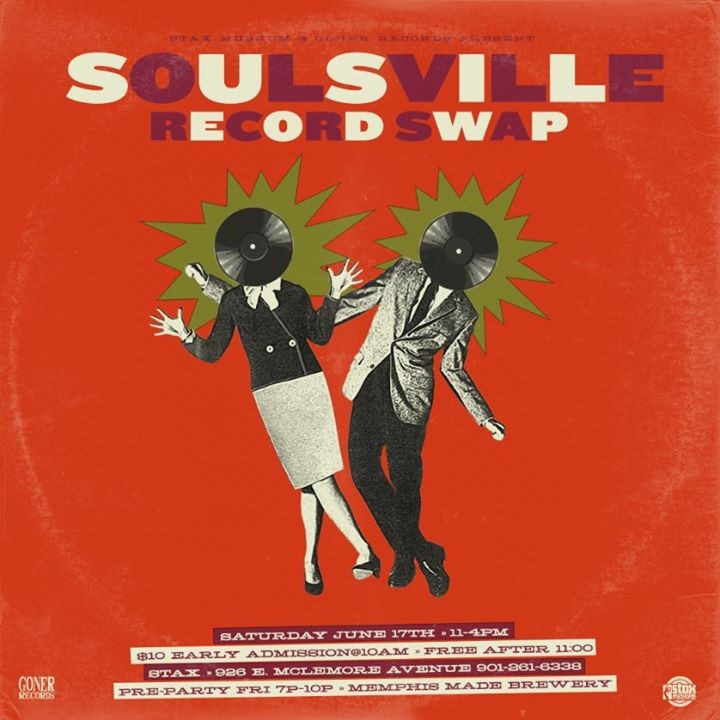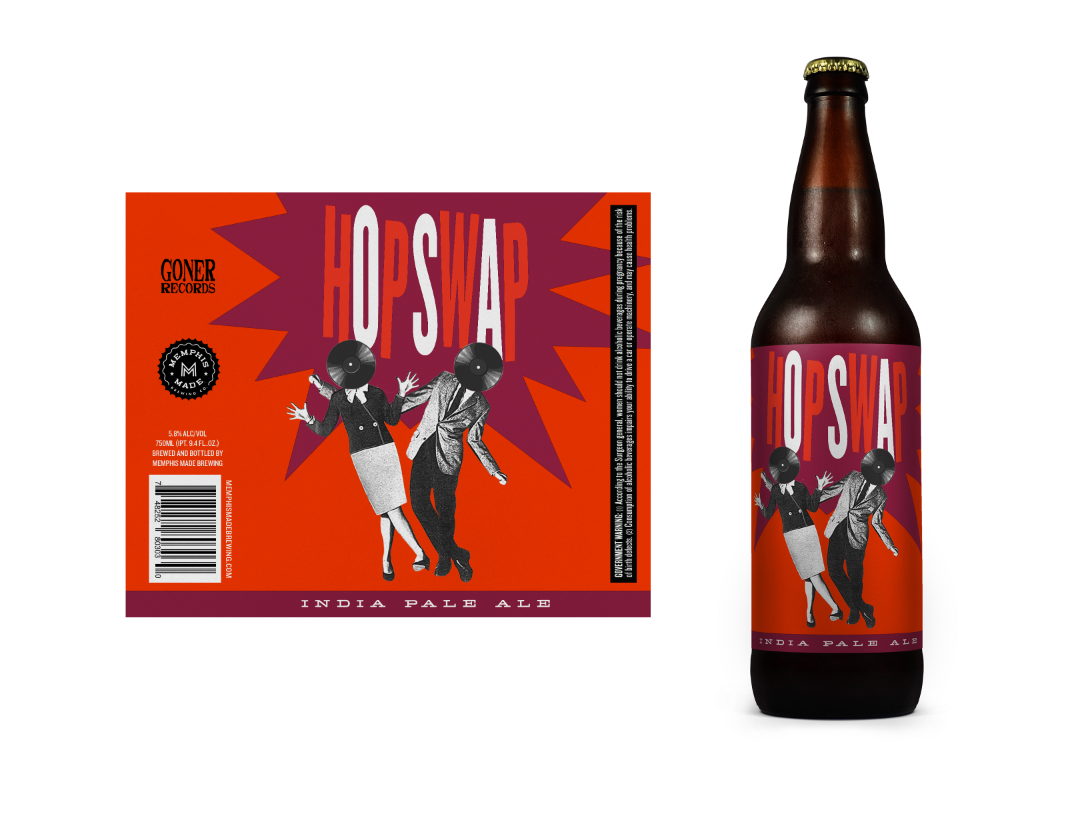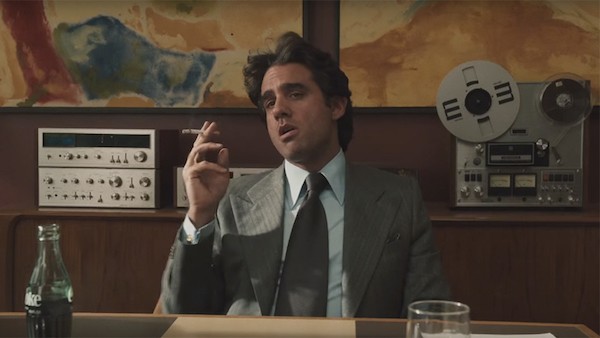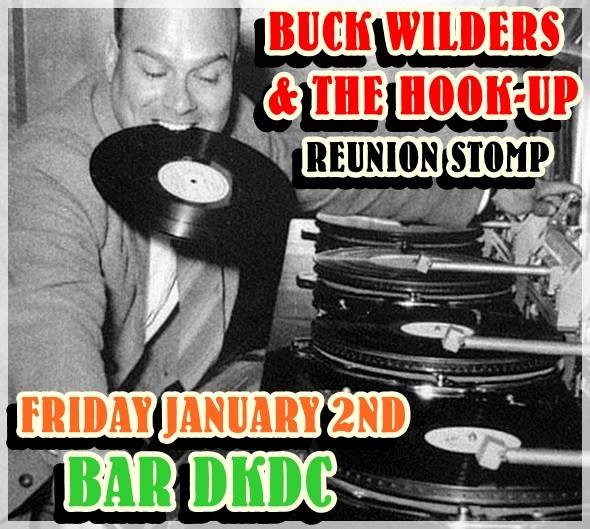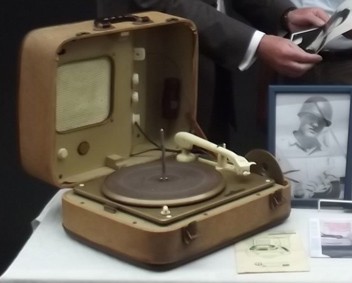There’s nothing like having a new record out, chock-full of originals, to prove that your group is not “just” a jam band. That’s how those well-known Memphis players in Devil Train see it, anyway. Certainly they can jam, and there’s nary a Midtowner who hasn’t kicked back a few drinks to one of their regular Thursday night sets at B-Side Memphis or in other venues. Yet even at their most improvisatory, Devil Train has always felt grounded in roots music — that’s also grounded them in the art of song.
Their many covers of classic folk and blues tunes aside, they’ve amassed quite a catalog of originals between the six members, all of whom write songs. The group’s been around with largely the same personnel for 18 years, including banjo player Randal Morton, Clint Wagner on the fiddle and guitar, mandolinist/guitarist Jonathan Ciaramitaro, and guitarist James Ray. Current bassist J.D. Westmoreland is a more recent recruit (barely), as is drummer and producer Graham Winchester, but the latter has played a large role in making the new LP, Eye Explain, a reality. As one third of Blast Habit Records’ head honchos, he was eager to get this group, who has soundtracked most Memphian’s lives over the decades, onto vinyl.
“I was sneaking in to see them play at The Buccaneer when I was still in my late high school/early college years,” says Winchester. “Then when I started playing with them 14 years ago, I was the last person to join up with them, and it’s been the same six-person lineup ever since.”
Having joined the group at a relatively young age, the band is part of Winchester’s musical DNA. “It’s definitely the gig where I cut my chops drumming on a lot of different styles,” he says. “I remember my first gig with them. I was rushing into a song and they were like, ‘Hey, man, chill. There’s something called playing behind the beat.’ They taught me that Memphis drumming swagger that we all talk about.”
As the newcomer, Winchester was a bit puzzled that the band had never released any of their original songs. “It is kind of crazy to have an original band for 18 years with no released recordings,” he says. But having recently started Blast Habit with partners Lori and Jared McStay, he could now do something about it. “I was looking at it on paper and thinking, ‘This doesn’t add up — there’s no record and there have been literally thousands of shows.’ So I said to the band, ‘Let’s change that, guys.’”
Appropriate to a band that brings an old-world vibe even to originals that could have sprung from the groovy ’70s, the album was cut straight to tape at the Bunker Studio with engineer Andrew McCalla. It also features two songs recorded elsewhere. “They were put on there as bonus tracks,” says Winchester. “One recorded with Boo Mitchell at Royal Studios many years ago, and the other one recorded recently with Crockett Hall at Sun Studio.”
Winchester’s quick to point out how the album’s credits perpetuate the name of a beloved local songwriter, long since departed, whom the drummer never even met. “There’s a song on the album called ‘Roll and Stink’ that was written by Craig Shindler,” notes Winchester. “He’s somebody I wanted to bring up because we play about seven or eight or nine of his songs, and Clint and Jonny were in Craig Schindler’s bands, Easy Way and Mash-O-Matic. At Devil Train shows, there is a segment of the crowd from those Mash-O-Matic and Easy Way days who know all the words to those songs. So they’re just part of the Devil Train catalog now. Clint and Jonny were dear friends of Craig Schindler and have done a great job of kind of preserving his music through Devil Train.”
Honoring Schindler is, for Winchester, just another sign of the greater collective spirit that has fueled Devil Train through all these years. “You know, it’s kind of a family band,” he says, “but it’s also a community band. We have a lot of people sit in and jam with us. And we’ve had a lot of loss in Memphis recently, and it’s like Devil Train’s weekly show is that familiar thing people can rely on. I feel like it means a lot to a lot of people, including myself.”

